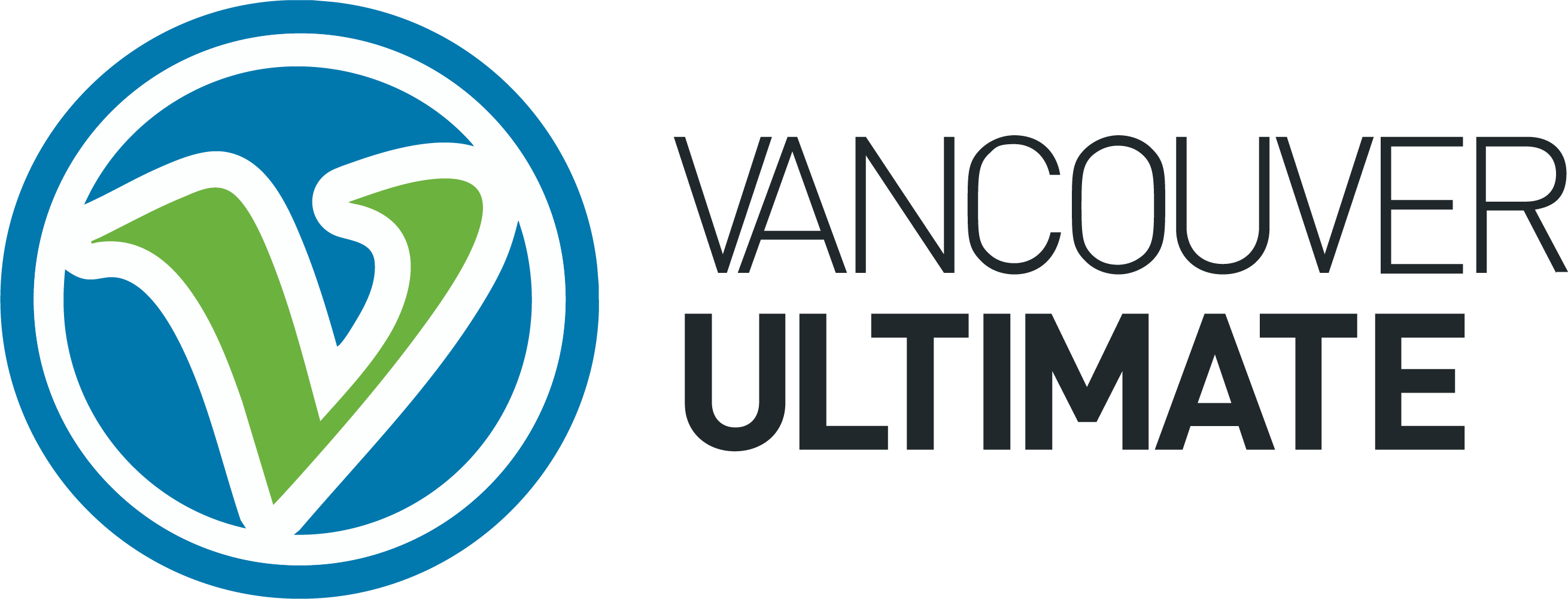UBC-Vancouver Is Looking for Ultimate Frisbee Athletes who have had an Anterior Cruciate Ligament Reconstruction for Mapping Muscle Health Study
Ultimate Frisbee Athletes of Vancouver,
Ultimate Frisbee is an incredible sport that challenges the body to make quick, sharp movements that leave your defender in the dust. Unfortunately, one of the downsides of participating in sports like Ultimate Frisbee is the risk of injury to the joints, especially the knee joint. In particular, many Ultimate Frisbee athletes experience anterior cruciate ligament (ACL) tears as a result of cutting or pivoting movements.
An ACL tear (and surgical reconstruction of the ligament) can take more than 2-years to recover from, which delays your participation in the sport you love. One of the biggest challenges facing athletes after an ACL tear is prolonged thigh muscle weakness, which is one (of a few) main reasons it is challenging to return to Ultimate Frisbee after this injury.
However, a group of UBC-Vancouver researchers (led by Department of Physical Therapy researcher Dr. Jackie Whittaker) have teamed up to understand ‘why’ muscles become weaker after an ACL tear. We believe this research will give us new insights into how we have to target muscle weakness after this injury and help get athletes back onto the field, feeling like themselves, as quick as possible.
This study (The Mapping Muscle Health Study) is actively recruiting, and you may be eligible to participate. Please take a look at the study highlights below. If this sounds like something you or someone you know might be interested in, please click this link: https://bit.ly/OldMuscles to take a short survey to assess your eligibility. For more detailed information, please visit our study information page or contact the study lead (Justin Losciale at j.losciale@ubc.ca). We look forward to your participation in this study.
Who are we looking for?
We are looking for people who are:
- 19-30 years old
- Experienced a first time anterior cruciate ligament tear, treated with reconstructive surgery (ACLR) in the last 6 to 24 months.*
- Participants CAN currently be receiving regular physiotherapy for their ACL tear (but they don’t have to be)
*If you have not had surgery yet or have just had surgery, please still contact us to express your interest.
Benefits of Participation
Participants will have the opportunity to learn about their:
- Quadriceps and hamstrings strength and power tested using state-of-the-art technology
- Knee functional performance (i.e., hop tests)
- Quadriceps muscle size and internal muscle structure (e.g., muscle fiber type and size)
- Lean mass, fat mass, and bone mass from a full body composition scan (dual energy absorptiometry, DEXA)
- Participants will receive compensation for their time
- Parking costs will be covered.
- A full report of your data will be shared with you at study completion
- You can share this valuable information with your medical team to help guide your recovery.
What does the study involve?
Study participation involves completing two online questionnaires and attending two, 2-hour in-person testing visits on the UBC-Vancouver campus.
- Visit 1 will include knee muscle strength and power testing as well as leg muscle function testing and bioelectrical impedance scan.
- Visit 2: will include a dual-x-ray absorptiometry (body composition) scan, and bilateral quadriceps ultrasound studies and muscle biopsies.
Study Contact
Justin Losciale, PT, DPT
j.losciale@ubc.ca
The Mappin Muscle Health Study Information Page
